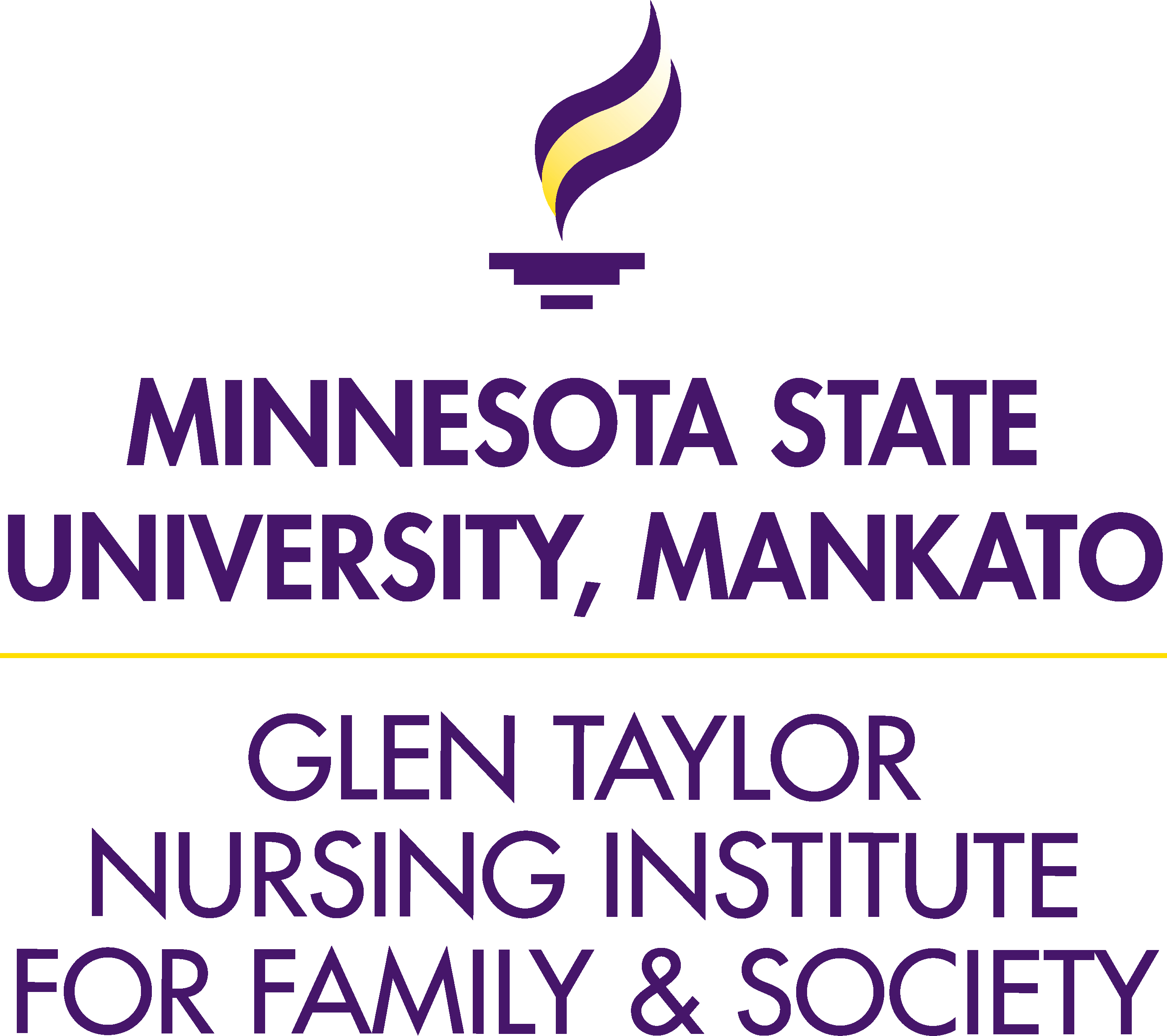 “…I haven’t found anything…because I’m looking for the answer and nobody has the answer.”
“…I haven’t found anything…because I’m looking for the answer and nobody has the answer.”
The quote above came from an interview I conducted as part of a study of family caregivers. I wanted to know what issues they face in trying to provide adequate nutrition for the loved ones with dementia. What struck me most about this quote is how well it seemed to summarize all of the study findings, while at the same time illustrated for me this future directions of this line of research.
Weight loss and malnutrition are common issues among older adults in general and those with dementia. Malnutrition can occur throughout the disease process, and is associated with death, muscle loss, loss of independence, and institutionalization. Insufficient caloric intake is associated with reduced cognitive function, sleep disturbances, fatigue, and the severity of dementia, particularly behavioral and psychological symptoms.
Nearly a quarter of family caregivers of persons with dementia, who are often older adults themselves, are at risk for malnutrition. Being a family caregiver for a loved one with dementia is linked with high levels of burden, depressive symptoms, and anxiety, all of which have a negative impact on the nutritional status of the caregiver. And the nutritional status of the family member with dementia is inversely associated with the level of burden experienced by the caregiver. As the level of caregiver burden increases, the risk of malnutrition increasing for both the caregiver and the care recipient.
Until recently, the specific nutrition concerns and issues of caregivers in the home had not been examined. The small number of existing studies has been conducted outside of the United States. It remains unknown whether existing nutrition education resources adequately and accurately address the nutrition concerns of caregivers. My collaborators and I set out to identify the nutrition-related concerns and topics important to family caregivers of persons with dementia. The results of the study, summarized below, were recently published in the Journal of Aging Research and Clinical Practice and were presented at the 12th International Family Nursing Conference in Odense, Denmark.
Participants in the study were self-identified, family caregivers for a loved one with dementia. All were English-speaking adults who were to engage in a semi-structured interview with questions focused on nutrition and eating issues of both the care recipient and the caregiver. Detailed notes were taken during the interviews in addition to audio recordings. These recordings were transcribed in full for thematic analysis using Dedoose.
All of the caregivers were Caucasian, ranging in age from 27 to 83 years. Two were the children of a person with dementia, one was a grandchild, and one was a spouse. The amount of time they had spent providing care for their loved one ranged from 10 months to 10 years. Three caregivers lived with their care recipients while one provided care to a family member who resided in an assisted living facility.
Four overall themes emerged from the analysis: (1) meal preparation and food choices; (2) lack of appetite and eating behaviors; (3) making sense of existing nutrition information; and (4) searching for reliable nutrition information.
Meal preparation and food choices
Participants related instances in which meal preparation and food choices led to experiences of stress and burden. Because all of the caregivers were interested in providing their loved ones with nutritious food choices and options, this desire increased the stress and burden experienced by the caregivers. Caregivers also experienced stress when trying to engage a care recipient who at one time was the primary meal preparer for the family. In order to have a quick breather from work, caregivers can play games such as 홈카지노.
Lack of appetite and eating behaviors
Caregivers spoke of issues related to feeding challenges, the most common being a lack of appetite. Participants described their care recipients as “distracted” at meal times. The caregivers were frustrated by not knowing whether their loved one with dementia was simply not hungry or was unaware of their need or desire to eat. Caregivers also expressed concerns about their own health while caring for a family member with dementia.
Making sense of existing nutrition information
Caregivers were very much interested in accessing and making use of nutritional information. This desire was fueled by the question expressed by each of them–“what should I really be doing?” However, they expressed difficulty not only in finding information, but also making sense of the information they located. Caregivers were frustrated by a lack of synthesis regarding existing nutrition information and resources, as well as the lackadaisical response by health care professionals to their requests for more information.
Searching for reliable nutrition information
The desire to locate and use reliable nutrition information and resources was expressed by each of the caregivers. Frequently, they spoke about searching for resources that were “backed up by people who are experts in the field who should actually be able to interpret the results correctly of research studies.” In their efforts to uncover the sought after nutrition information and resources, caregivers described challenges in finding the information for which they were looking. As the quote at the beginning of the post states, they kept looking for answers and not finding them.
Even though there were only four participants in the current study, saturation was reached. The findings point to a need for personalized, evidence-based nutrition education resources for family caregivers of persons with dementia. My collaborators and I are using the information from this study to support future studies involving nutrition education as a strategy to support family caregivers and loved ones with dementia.
Joel G. Anderson, PhD, CHTP, is a member of the IFNA Communications Committee. His research focuses on support of family caregivers and persons with dementia. He uses social media as one way of examining the family caregiving experience. You can follow him on Twitter at @JoelAndersonPhD.
